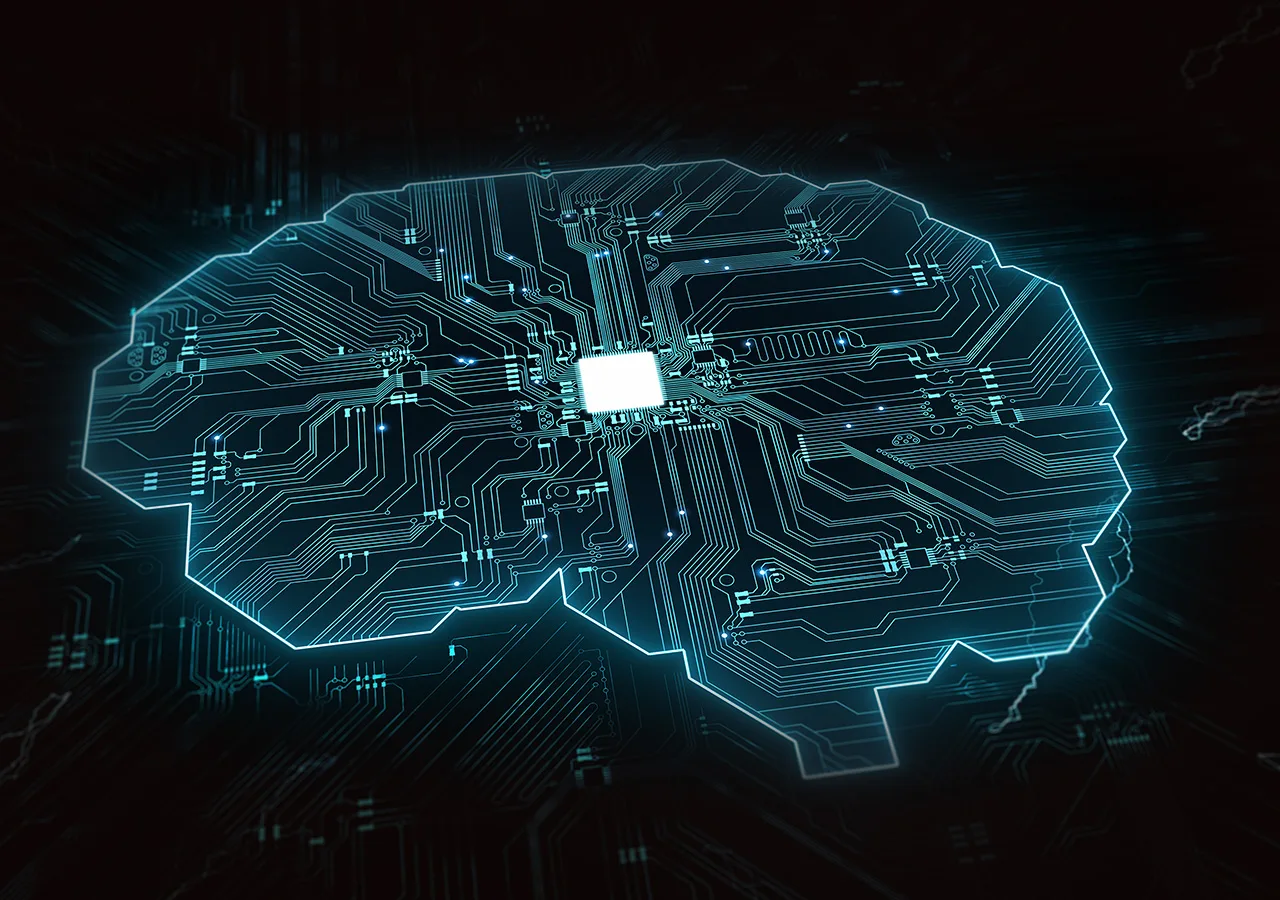Geoffrey Hinton, one of the “godfathers of AI,” believes that artificial intelligence (AI) is more likely to reach dog-level intelligence in the next few years than to mimic human consciousness. Hinton, a computer scientist and artificial intelligence researcher, shared his thoughts on the future of AI in an interview with The Times of London.
Key Highlights
- AI is more likely to reach dog-level intelligence in the next few years than to mimic human consciousness.
- Hinton believes that AI will first become proficient at narrow tasks, such as playing chess or Go, before developing more general intelligence.
- He warns that AI could pose a threat to humanity if it is not carefully controlled.

AI’s Path to Dog-Level Intelligence
Hinton explained that AI will first become proficient at narrow tasks, such as playing chess or Go, before developing more general intelligence. He believes that AI will reach dog-level intelligence in the next few years, but it will take much longer to achieve human-level intelligence.
“I think it’s more likely that AI will become as clever as a dog in the next few years than that it will become as clever as a human,” Hinton said. “Dogs are very clever at some things, but they’re not clever at everything.”
Hinton’s comments come amid a growing debate about the future of AI. Some experts believe that AI could pose a threat to humanity if it is not carefully controlled. Others believe that AI could be a powerful tool for solving some of the world’s most pressing problems.
The Threat of AI
Hinton is one of the experts who has warned about the potential dangers of AI. He has said that AI could be used to create autonomous weapons that could kill without human intervention. He has also warned that AI could be used to manipulate people through social media.
“I think it’s important to be aware of the potential dangers of AI,” Hinton said. “But I also think it’s important to remember that AI is a tool, and like any tool, it can be used for good or evil.”
The Potential Benefits of AI
Despite the potential dangers of AI, Hinton believes that it could also be a powerful tool for solving some of the world’s most pressing problems. He has said that AI could be used to develop new treatments for diseases, to improve education, and to combat climate change.
“I think AI has the potential to do a lot of good in the world,” Hinton said. “But it’s important to be aware of the potential dangers as well.”
The Future of AI
The future of AI is uncertain, but it is clear that AI will play an increasingly important role in our lives. It is important to start thinking about the implications of AI now, so that we can ensure that it is used for good rather than evil.






